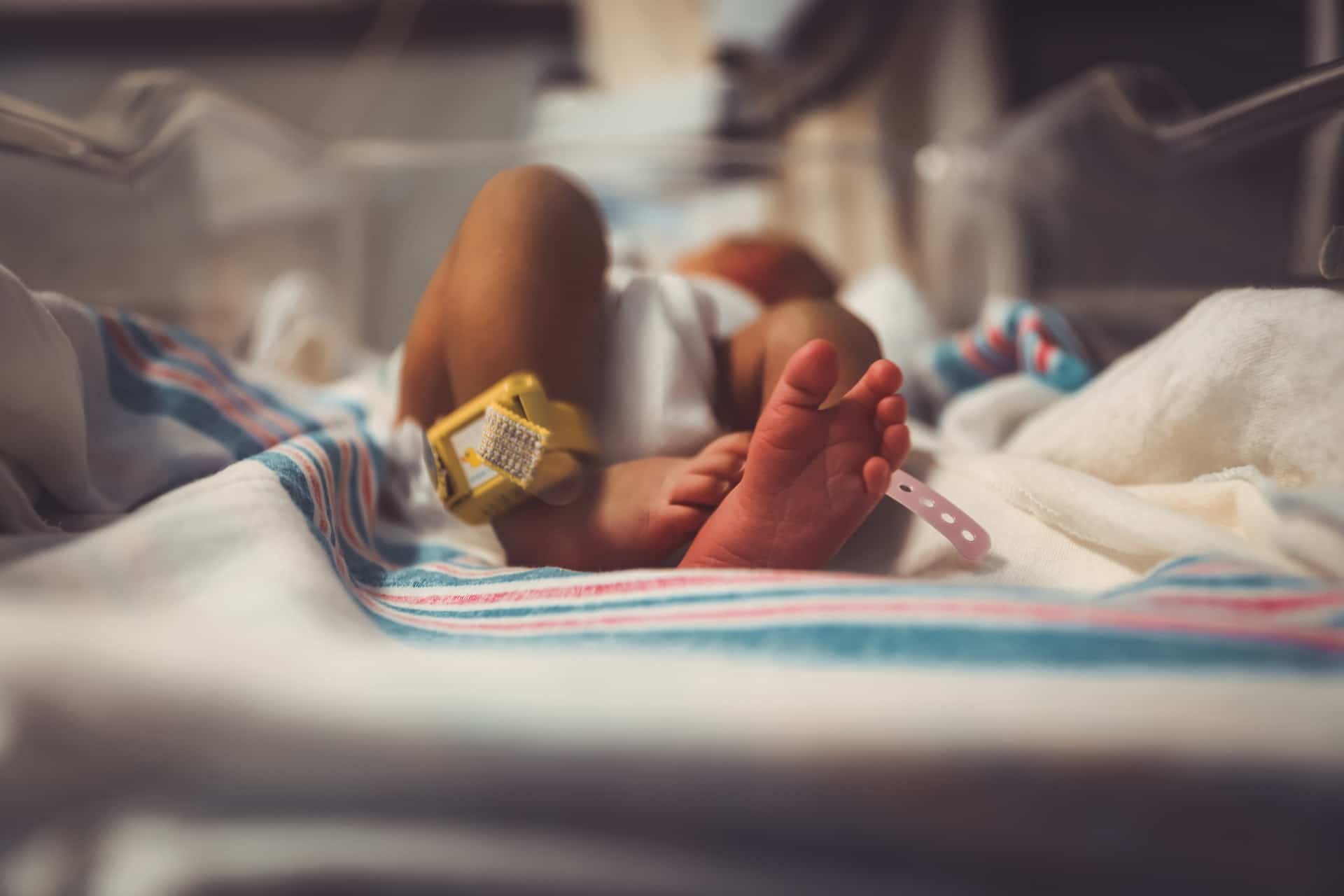Unfortunately, medical malpractice can result in devastating outcomes for individuals and their loved ones. Negligence could result in pain and suffering, or even permanent injuries or death. It often has far-reaching implications for the victim and their family.
The recent decision of the Court of Appeal for Ontario in Cheung v Samra looks at the process of a jury trial for medical malpractice. A baby was severely injured following birth and received a substantial award of damages.
Baby suffered brain damage following birth
At the 35th week of the pregnancy, the fetus was diagnosed as suffering from a condition called intrauterine growth restriction. Babies with this condition are at risk of serious complications, including asphyxia, abnormal heart rate, cerebral palsy and developmental delay.
Despite concerning test results, the mother was sent home. The next day, she returned to the hospital with vaginal bleeding and had an emergency C-section. The baby was born in very poor condition and had a long and difficult resuscitation. She initially had almost no heartbeat and her first breath was at 30 minutes after birth. However, her prognosis turned around and she was released from the hospital a couple of weeks later.
Sadly, the baby suffered a seizure and was admitted to the hospital a couple of months later. She has severe brain damage and has been diagnosed with hypotonic cerebral palsy and developmental delay.
Jury found that the failure to advance the delivery to an earlier date was a breach of the standard of care
In order to succeed in a medical negligence claim, the plaintiff must prove that the health care practitioner fell below the standard of care reasonably expected and that this failure was the cause of the injury suffered. The latter is referred to as proof of causation.
The jury found that the failure to advance the delivery to an earlier date was a breach of the standard of care. This was not challenged. Causation became the disputed issue.
Parties advanced different theories of causation; jury finds in favour of the plaintiff
The plaintiffs argued that the baby suffered a brain injury caused by deprivation of oxygen to the brain in the period immediately before birth. They argued that an earlier birth would likely have avoided the problem. The defendant’s doctors and health system claimed that the brain injury occurred months after birth, possibly as a result of a genetic disorder, and not as a result of the management of the pregnancy or delivery. Each side relied on expert evidence from various doctors to support these positions.
The trial judge instructed the jury that the plaintiffs had to establish on the balance of probabilities that the failure to deliver the child earlier was a necessary cause of the brain damage, and that the injury would not have occurred without the defendant’s negligence. Direct evidence of causation was not necessary, and they were entitled to draw an inference of causation through the application of reason and common sense.
The jury found in favour of the plaintiffs. The jury was satisfied that, but for the breach of the standard of care, the baby would not have sustained brain damage. The jury explained, in response to a specific question from the trial judge, that the doctors’ failure to move the C-section to an earlier date put the baby at higher risk which more likely than not caused the brain damage.
Trial judge refuses to give effect to the jury verdict for failure to identify the cause of the injury
The trial judge found that the jury’s explanation of causation was insufficient because it failed to identify the mechanism of injury. In particular, the judge held that the jury did not explain the causal link between the negligence and the harm suffered.
As a result of this, the trial judge refused to give effect to the jury’s verdict and made an order requiring a new trial. The plaintiffs appealed.
Court of Appeal orders payment of damages to the plaintiffs in the amount of $14.9 million
The Court of Appeal explained that there was a presumption that juries understand and properly apply the instructions provided by trial judges and that the jury’s answers are the result of a proper consideration of the evidence and the issues. The trial judge was only entitled to refuse to give judgment if she concluded that there was no evidence to support the finding of the jury, or if the jury gave an answer which cannot in law provide a foundation for judgment.
Justices of Appeal Pardu, Simmons and Brown held that the jury’s answer did not indicate that its reasoning was erroneous because it failed to indicate the physiological mechanism of injury. Their Honours noted that it was not necessary for every juror to come to a firm or the same conclusion about the mechanism of injury. The jury’s answer to the question may well have reflected a bottom-line consensus achieved through various paths, which they expressed succinctly.
The Court of Appeal held that the trial judge did not have the discretion to refuse to give judgment in accordance with the verdict given by the jury. As a result, their Honours granted judgment to the plaintiffs in the amount of $14.9 million. This was the amount of damages agreed upon between the parties, to be paid if the negligence claim was successful.
Contact Tierney Stauffer LLP for Advice on Medical Malpractice Claims
At Tierney Stauffer LLP, we know how overwhelmed you may feel about the prospect of launching a hospital malpractice lawsuit. If you have a valid claim against a hospital, you need a strong advocate by your side to fight the hospital’s insurers and lawyers. It is important that you seek prompt advice from our personal injury lawyers, who have a great deal of experience working with clients on medical malpractice claims throughout Ontario. Call us at 1-888-799-8057 or reach out online to set up a consultation today.
